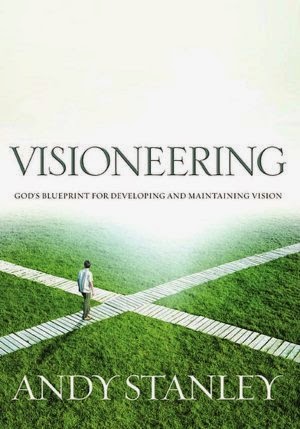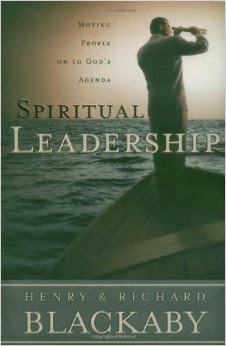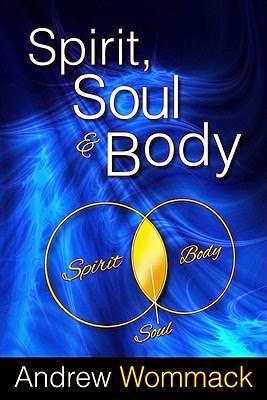Success is a great goal. There are many promises of God that reminds us that our Heavenly Father loves to see His children do well.
The promise to Joshua as he takes on the new role of a leader to lead God's people into the Promised Land is an often quoted passage:
(Joshua 1:7-8) 7 Be strong and very courageous. Be careful to obey all the law my servant Moses gave you; do not turn from it to the right or to the left, that you may be successful wherever you go. 8 Do not let this Book of the Law depart from your mouth; meditate on it day and night, so that you may be careful to do everything written in it. Then you will be prosperous and successful.
But interestingly, when I do a search in all 33 different Bibles available in my computer software, the word "success" appears only in the Old Testament and none in the New Testament. In the NIV(1984), it appeared 36 times in the OT, and like I say, none in the NT.
Instead the NT (NIV1984) has a lot to say about these few words:
Fruit (or fruitful) - 54 times
Faith (or faithfulness, faithful) - 302 times
Humble (or other variations) - 28 times
Win - 12 times (11x in the context of evangelism - winning people, and 1x "win" about the prize in the context of heaven.)
God seems to ignore the word "success" and redefine it in the context of our life in fruitfulness, faithfulness and humility. In our success crazy world, successes are defined within our self-centred intention of personal goals for our benefits and recognition. In some sense we are reminded that we came with nothing and we will go off with nothing. 1 Tim 6:7 "For we brought nothing into the world, and we can take nothing out of it." The only prize we will carry with us from our earthly life are the souls of people we have influenced and everything we do "successfully" is always for the sake of the Gospel and the prize of heaven, and never just for ourselves. That's why we are stewards of the things we have and we never really own them.
1 Cor 10:31 So whether you eat or drink or whatever you do, do it all for the glory of God.
Col 3:17 And whatever you do, whether in word or deed, do it all in the name of the Lord Jesus, giving thanks to God the Father through him.
Col 3:23-24 23 Whatever you do, work at it with all your heart, as working for the Lord, not for men, 24 since you know that you will receive an inheritance from the Lord as a reward. It is the Lord Christ you are serving.
Therefore we need to put "successes" within the context of the Lordship of Christ in our lives. Martyn Llyod-Jones put it aptly on his comments about Apostle Paul's "thorn in his flesh."
“It is very DIFFICULT to be HUMBLE if you are always SUCCESSFUL, so GOD CHASTISES us with FAILURE (so to speak) at times in order to HUMBLE us, to keep us in a STATE of HUMILITY.”
In that sense, God said very little about "success!" He is more concern about other things, especially our inner life, character and service to others.
2 Cor 12:7-10
7 To keep me from becoming conceited because of these surpassingly great revelations, there was given me a thorn in my flesh, a messenger of Satan, to torment me. 8 Three times I pleaded with the Lord to take it away from me. 9 But he said to me, “My grace is sufficient for you, for my power is made perfect in weakness.” Therefore I will boast all the more gladly about my weaknesses, so that Christ’s power may rest on me. 10 That is why, for Christ’s sake, I delight in weaknesses, in insults, in hardships, in persecutions, in difficulties. For when I am weak, then I am strong.














































